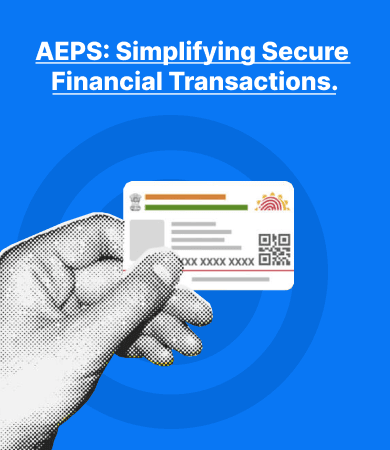India’s digital payment ecosystem has witnessed a significant transformation in recent years, largely fueled by rapid technological advancements and a strong push toward financial digitization. This evolution has fundamentally changed the way transactions are conducted, benefiting both consumers and businesses across the country. A standout innovation in this space is the rise of digital wallets, which have become integral to everyday transactions due to their convenience, speed, and ease of use. While digital wallets initially gained popularity in consumer-to-business (C2B) settings, they are now making a strong impact in the business-to-business (B2B) segment as well, offering a fresh alternative to traditional payment systems.
Traditionally, B2B payments in India have been dominated by conventional methods such as bank transfers, cheques, and demand drafts. These methods, while reliable, are often slow, cumbersome, and burdened with operational inefficiencies. The advent of digital wallets is now redefining the B2B payment landscape by enabling quicker, more secure, and cost-effective transactions. Businesses are increasingly adopting digital wallets for their ability to streamline payment workflows, enhance financial transparency, and offer greater flexibility in managing cash flow. As a result, digital wallets are not only improving the efficiency of B2B transactions but are also playing a pivotal role in driving India’s broader shift toward a digitally empowered economy.







